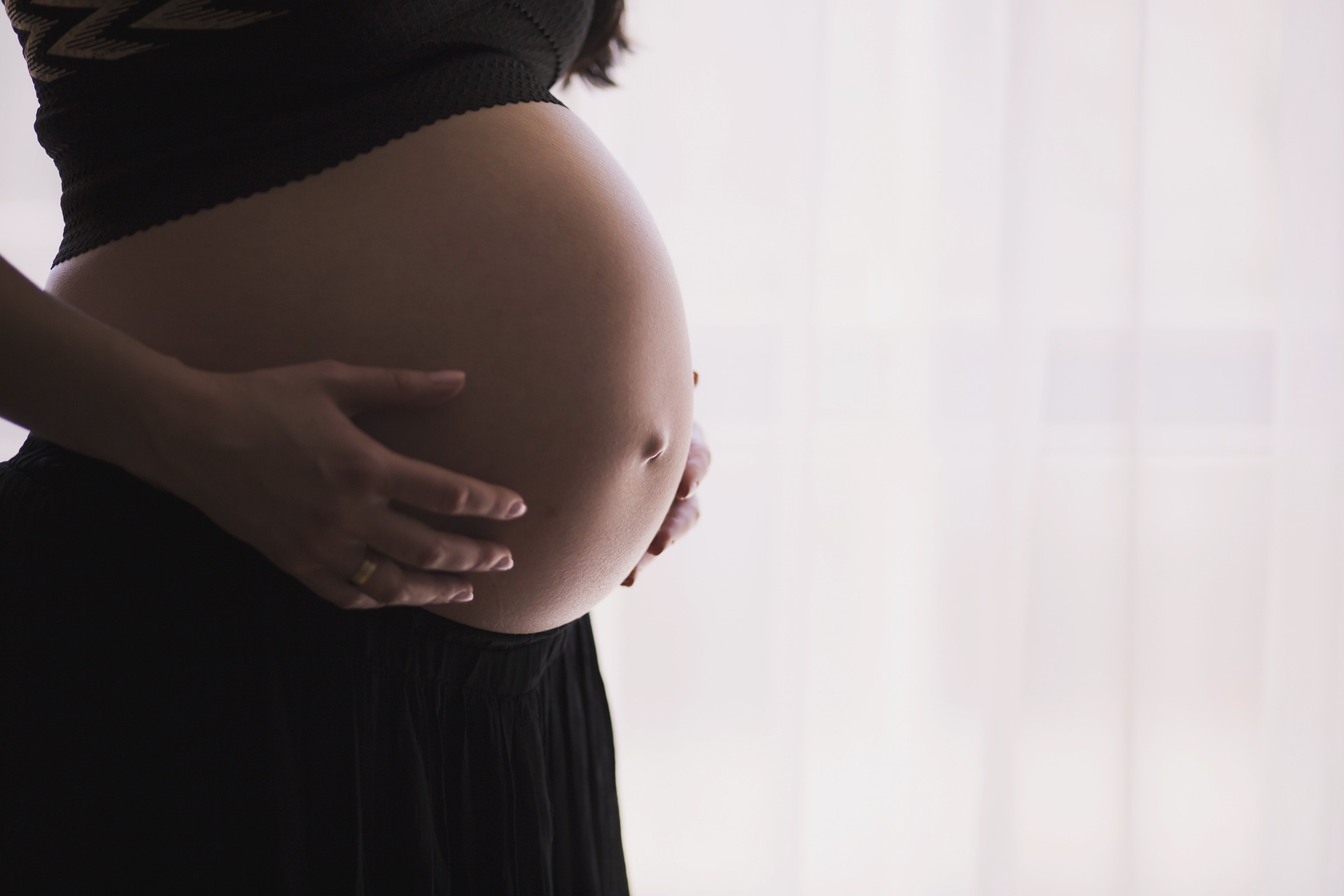Media release
From:
SAHMRI researchers have found the risk of birth defects can be greatly reduced if women significantly increase their folic acid intake.
Neural tube defects (NTDs) are birth defects like spina bifida that effect 300,000 babies born annually worldwide. Some of these babies die at birth while others have life-long disabilities.
The study sponsored by Nutrition International with support from the Government of Canada and published in BMJ Global Health, has shown taking weekly iron folic acid supplements (IFA) containing 2.8 mg folic acid can lower the risk of NTDs by up to four times more than the current global standard of just 0.4 mg.
Project leader, Professor Tim Green said during the trial, 70% of women consuming 2.8 mg folic acid per week achieved a red blood cell folate concentration associated with a low NTD risk, compared with just 10% of those taking 0.4 mg.
“A folic acid supplement should be taken not only by those who are planning a pregnancy, but by all women who are sexually active,” Prof Green said.
“We know around half of pregnancies are unplanned globally and in low and middle income countries 10 million of these pregnancies occur each year in adolescents alone. By the time these women realise they’re pregnant it’s too late to get the benefits of IFA.”
Researchers predict the number of NTDs worldwide could be halved if the World Health Organization (WHO) acts on the latest findings.
The WHO currently recommends a weekly supplement for all women aged 15-49 living in countries where the rate of anaemia is above 20%. This supplement currently contains the appropriate 60mg of iron but just 0.4mg of folic acid; not enough to provide a benefit.
“It’s our recommendation that the optimal 2.8mg of folic acid formulation be made widely available to women in low and middle income countries as soon as possible,” Prof Green said.
The study was conducted in collaboration with Universiti Putra in Malaysia, and The University of British Columbia in Canada.



 Australia; SA
Australia; SA


